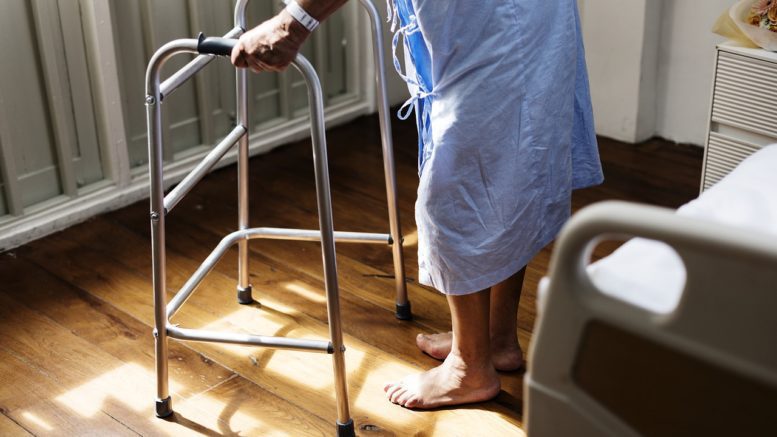By Bonina & Bonina P.C.
Elder abuse and neglect is so prevalent that a recent government study showed that between 1 and 2 million Americans over the age of 65 have been neglected or abused by a caregiver and that only 1 in 14 incidents of abuse or neglect are reported. The best way to prevent neglect or abuse of a loved one is to be aware of the warning signs and to intervene if you suspect a problem.
Making long term care choices for loved ones that require 24 hour care is extremely difficult. When facing the prospect of putting a parent or loved one into a nursing home, taking steps to insure that that their rights are respected and that they get the care they deserve is a top priority.
Many elderly people are neglected, and even abused, in nursing homes. Knowing what warning signs to look for can help protect your loved one.
Warning signs that an elderly person is not being cared for properly in a nursing home include:
• bed sores, also known as decubitus ulcers;
• urine or feces odor;
• skin rashes or tears;
• falls;
• bruises or contusions;
• dehydration and/or disorientation;
• refusal to eat;
• depression or isolation.
Although nursing home neglect can take many forms, such as failing to answer a call bell, failing to provide help with personal hygiene, failing to provide proper nutrition and hydration and failing to take reasonable precautions to prevent falls, one of the more serious consequences of failing to provide proper care is the development of pressure ulcers.
Bed sores, or decubitus ulcers, are preventable and can develop into life threatening medical conditions if not properly cared for once they develop. Bed sores can be avoided by properly positioning patients to reduce pressure, friction and shear on vulnerable body parts and by repositioning patients at appropriate intervals. Making sure that timely bathroom assistance is given, especially if a patient is incontinent, will help drastically reduce the risk for development of a bed sore. Keeping patients clean and dry and ensuring they receive sufficient nutrition and hydration to keep tissue health healthy and heal wounds is essential.
The existence of a bed sore shows that the patient received substandard care. Non-healing sores, and sores that are not adequately or promptly addressed, can lead to amputations and sometimes even death.
Under current laws nursing homes are responsible for injuries suffered as a result of a failure to:
• prevent pressure sores, also known as decubitus ulcers;
• provide adequate nutrition and hydration;
• maintain range of motion of patients;
• maintain a resident’s ability to bathe, dress, groom and walk from a bed to a chair.


Be the first to comment on "Nursing Home Abuse and Neglect"